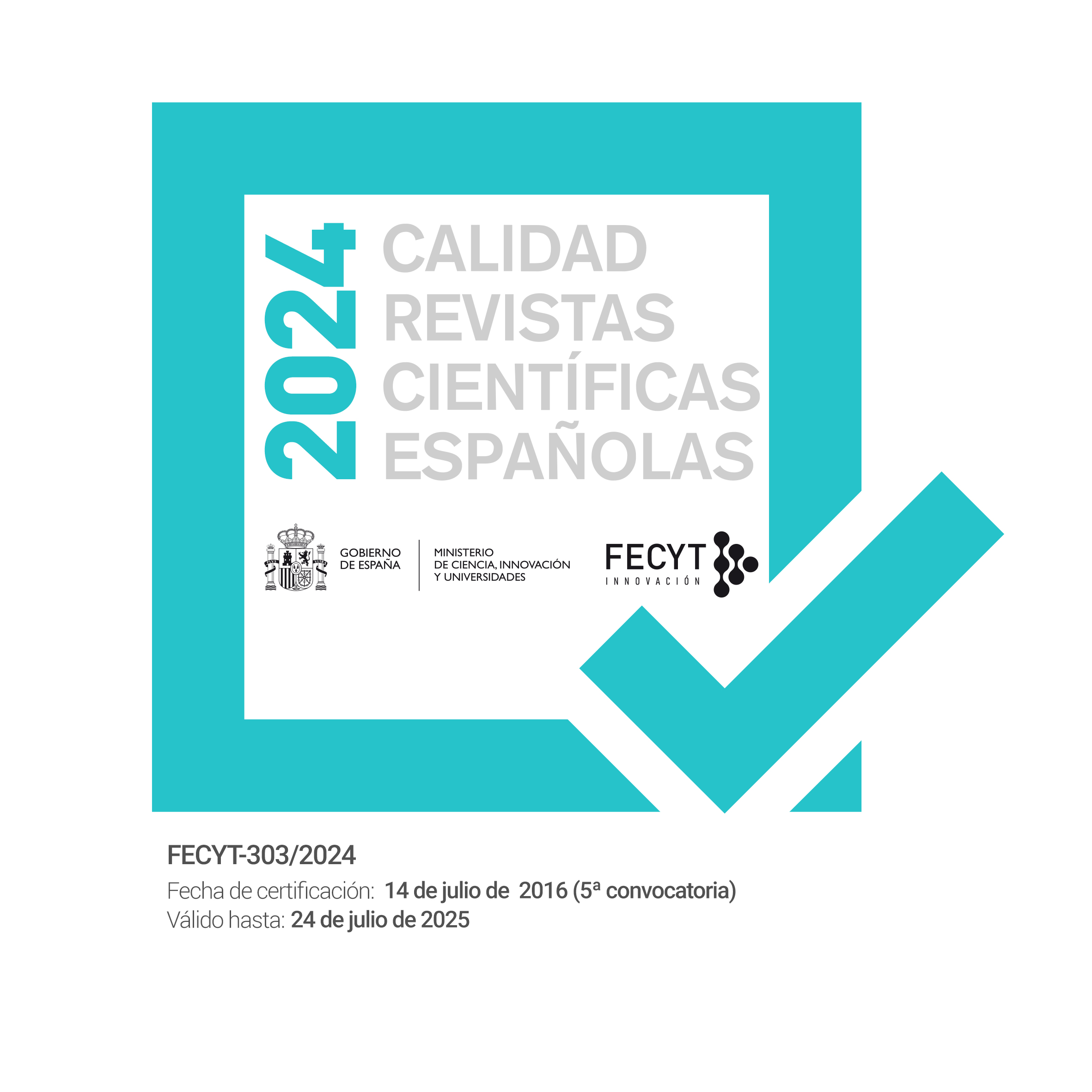No hay futuro sin profesorado nativo y negro en la educación superior
DOI:
https://doi.org/10.5944/reec.43.2023.36648Keywords:
Decolonization, Indigenous, Black, Faculty, Higher educationAbstract
A través de la aplicación de un enfoque basado en cartas (letter-based), sostenemos que la educación superior en los Estados Unidos necesita académicos que provengan de comunidades indígenas y negras para continuar siendo viable en el presente y el futuro. Reconocemos que la decolonización de la educación superior requiere cambios epistemológicos que deben ser logrados por las personas. Sin individuos bien sintonizados con estas epistemologías, como los profesores indígenas y negros con mirada crítica, esta decolonización es inviable. Además, a partir de la literatura existente y los datos del Center for Education Statistics de EE. UU. mostramos como las disparidades demográficas entre los profesores universitarios han persistido durante las últimas cuatro décadas. Este artículo ofrece un diálogo entre la literatura decolonial y poscolonial. Al hacerlo, establecemos conexiones entre estas teorías y las políticas, prácticas y pedagogías educativas que promueven relaciones más equitativas y sostenibles en el flujo relacional de vida donde todos y todo, tanto humanos como no humanos, están profundamente interconectados.
Downloads
References
Andreotti, V. (2011). Actionable postcolonial theory in education. Springer.
Bressler, C. E. (1999). An introduction to theory and practice. Prentice-Hall, Inc.
British Council. (n.d.) Commonwealth Scholarships.
https://study-uk.britishcouncil.org/scholarships-funding/commonwealth-scholarships
Chang, W.B. (2019, July 26). Hawai‘i law professor provides insight on Mauna Kea to
University of Hawai‘i Board of Regents. Indian Country Today. https://indiancountrytoday.com/opinion/hawaii-law-professor-provides-insight-on-mauna-kea-to-university-of-hawaii-board-of-regents
Grosfoguel, R. (2013). The structure of knowledge in westernised universities: Epistemic
racism/sexism and the four genocides/epistemicides. Human Architecture: Journal of the Sociology of Self-Knowledge, 1, 73-90.
Hailu, M. F., Molla, T., & Johnson, A. T. (2022). Researching experiences of African refugee
youth in high-income countries: Reflections on conceptual challenges and possibilities. International Journal of Intercultural Relations, 90, 168-176.
Hailu, M F. & Tachine, A. R. (2021). Black and Indigenous theoretical considerations for higher
education sustainability. Journal of Comparative and International Higher Education, 13(3), 20-42.
Harper, S.R. (2012). Race without racism: How higher education researchers minimize racist
institutional norms. Review of Higher Education, 36, 9-29.
Howard University. (n.d.). Languages Offered at Howard.
https://wlc.howard.edu/academics/languages-offered-howard
Keene, A. (2020). # NoDAPL as pedagogy: Bringing the movement into the university
classroom. In Education in Movement Spaces (pp. 99-110). Routledge.
la paperson. (2017). A third university is possible. University of Minnesota Press.
Lyons, S. R. (2000). Rhetorical sovereignty: What do American Indians want from writing?
College Composition and Communication, 51(3), 447-468.
Maynard, R., & Simpson, L. B. (2022). Rehearsals for Living. Haymarket Books.
Metcalfe, A. S., & Blanco, G. L. (2021). “Love is calling”: Academic friendship and
international research collaboration amid a global pandemic. Emotion, Space and Society, 38, 100763.
National Center for Education Statistics. (2022). Characteristics of postsecondary faculty.
Condition of Education. U.S. Department of Education, Institute of Education Sciences. Retrieved May 31, 2022, from https://nces.ed.gov/programs/coe/indicator/csc.
Smith, L. T. (2013). Decolonizing methodologies: Research and indigenous peoples. Zed Books
Ltd.
Smith, S. (2021, October 29). Europe hands back looted African artifacts as it reckons with
colonial legacy. NBC News. https://www.nbcnews.com/
Tachine, A. R. (2018). Story rug: Weaving stories into research. In Reclaiming indigenous
research in higher education (pp. 64-75). Rutgers University Press.
Tachine, A.R. (2019, August 02). Stifling the seedling’s growth. Inside Higher Ed.
Tachine, A. R. (2022). Native presence and sovereignty in college: Sustaining Indigenous
weapons to defeat systemic monsters. Teachers College Press.
Tuck, E., & Yang, K. W. (2012). Decolonization is not a metaphor. Decolonization: Indigeneity,
Education & Society, 1(1), 1-40.
Wa Thiong'o, N. (1992). Decolonising the mind: The politics of language in African literature.
East African Publishers.
Wright-Mair, R., & Castillo-Montoya, M. (2022). Sisterhood Birthed through Colonialism:
Using Love Letters to Connect, Heal, and Transform. Meridians, 21(1), 265-292.
Downloads
Published
How to Cite
Issue
Section
License
Copyright (c) 2023 Amanda Tachine, Meseret Hailu

This work is licensed under a Creative Commons Attribution-NonCommercial 4.0 International License.

Acknowledgement – Non Commercial (by-nc): Generation of derivated Works is allowed as long as a commercial use is not developed. The original work cannot be used with commercial aims.
This journal does not apply any fee to the authors by the filing or processing of articles.












